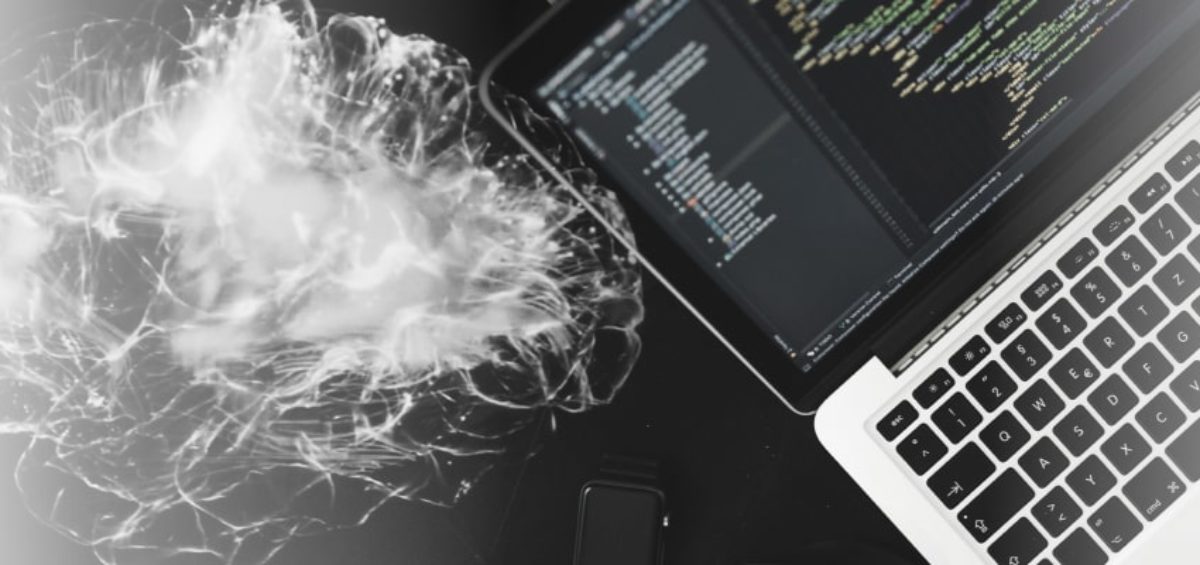



"One distinctive segment of SARS-CoV-2's genetic code is a furin cleavage site that makes the virus more infectious by allowing it to efficiently enter human cells," Vanity Fair reported. The Vanity Fair report also details a leaked EcoHealth Alliance grant proposal submitted to the Defense Advanced Research Projects Agency in 2018. However, EcoHealth Alliance told Vanity Fair in a statement that it had reported the relevant information "as soon as we were made aware, in our four year report in April 2018." The NIH letter also noted that EcoHealth Alliance violated terms of its grant conditions stipulating that it was supposed to report to the agency if its work boosted viral growth by 10-fold.Īn EcoHealth Alliance progress report that was supposed to be submitted at the end of the grant period in 2019 didn't arrive at the NIH until August 2021, Vanity Fair reported. In what NIH describes as a " limited experiment," lab mice infected with the enhanced virus became sicker than those infected with a naturally occurring one, Vanity Fair reported.


 0 kommentar(er)
0 kommentar(er)
